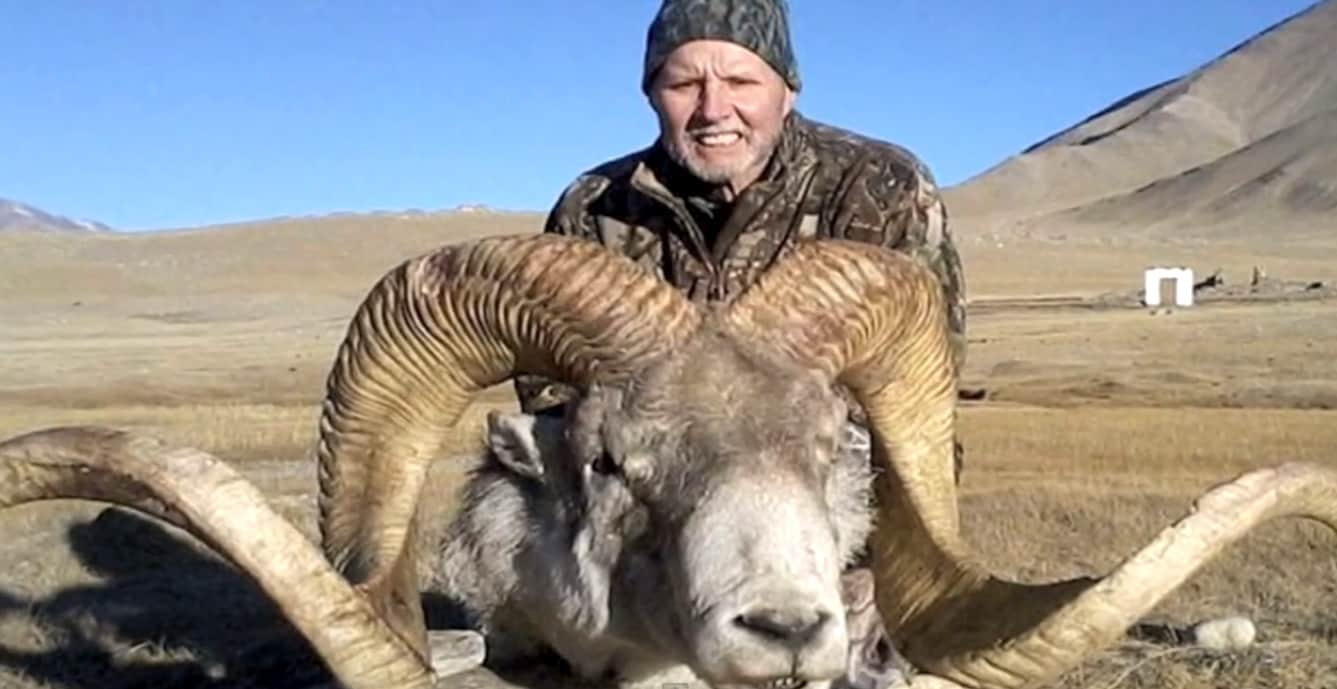Hunter Receives Wrong Horns from $45,000 Hunt, Files Lawsuit
OutdoorHub Reporters 02.20.14

Big game hunter Richard Vukasin left his native Montana for Tajikistan in 2012 for a once-in-a-lifetime hunt. It was the culmination of a long-held desire to bag a Marco Polo argali sheep, and was so expensive that Vukasin was only able to afford it once. According to the Courthouse News Service, Vukasin paid $27,500 for the hunt, a trophy fee of $10,000, and more than $8,000 for supplies, permits, and lodging. The hunter was exhilarated when he harvested a Marco Polo sheep high in the Parmir Mountains, but when the horns were shipped to his home two months later, Vukasin said he was devastated.
“I could tell right away,” Vukasin told the Associated Press. “I was sick.”
Vukasin claims that the horns he received from his Alberta-based outfitter, Ameri-Cana Expeditions Inc., were not the same horns from the animal he harvested. Instead, Vukasin said that the horns were old and weatherworn. According to the lawsuit, the hunter immediately contacted Ameri-Cana Expeditions Inc. but was told that no mistake was made. When Vukasin pushed for the outfitter for answers, he claimed they offered him a new set of horns or ones larger than what he received. Vukasin is now seeking restitution and damages for fraud, estimating in court documents that he shelved out an additional $27,000 in lost income and attorney fees while trying to get his horns back.
Marco Polo sheep, named so because they were described by the 13th century explorer in his book The Travels of Marco Polo, are considered by many sportsmen to be one of the most valuable game animals in Asia. Despite this, very few permits to hunt Marco Polo sheep are issued each year. Marco Polo sheep are valued because they have the longest horns of any sheep species. According to Safari Club International, the world record clocked in at over 71 inches. That sheep was harvested with the help of hunting guide Yuri Matison, who happened to be the same guide that led Vukasin’s trip and is also named in the lawsuit.
Tajikistan holds the largest concentration of Marco Polo sheep in the world, but the species is now considered threatened. The topic of hunting the argali is controversial, but many conservationists say that trophy hunting remains the best economic incentive for preserving the species. Dr. Raul Valdez of New Mexico State University wrote in a recent report that hunting the sheep “can have positive economic, sociocultural, and wildlife conservation effects, especially if it is conducted in a sustainable manner.”
The first American hunter was allowed to take a Marco Polo sheep in 1967. The Wildlife Conservation Society estimates the sheep’s worldwide population to hover above 10,000.

